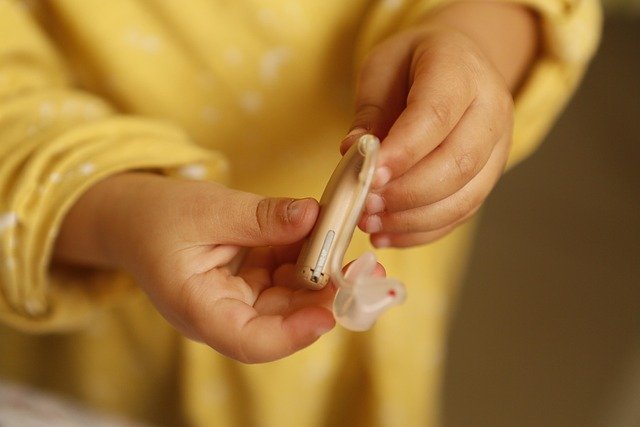Staff Training Focus Areas for Nurturing Infant and Toddler Development
Well-trained staff are essential for supporting infants and toddlers through their earliest developmental stages. This article outlines practical training areas—safety, nutrition, routines, play-based learning, inclusion, and communication—that help childcare programs support early education goals and strengthen relationships with families during enrollment and daily care.

High-quality care for infants and toddlers depends on staff who combine knowledge of development with consistent, responsive practices. Training that emphasizes observation, responsive caregiving, and predictable routines enables educators to support physical safety, emotional security, and early learning. Programs that align staff training with early education principles and preschool readiness can better guide families through enrollment and transitions while honoring each child’s individual pace and background.
This article is for informational purposes only and should not be considered medical advice. Please consult a qualified healthcare professional for personalized guidance and treatment.
Staff training and safety
Staff training should prioritize both physical safety and safe caregiving practices. Effective instruction covers safe sleep guidelines, sanitation, medication handling, and emergency procedures, along with accurate documentation and reporting. Practical drills, clear protocols, and regular refreshers help staff apply safety knowledge consistently. Training should also teach close supervision techniques, safe diapering and feeding procedures, and how to notice early signs of illness or developmental concern so programs can maintain a safe learning environment and support families during enrollment and daily care.
Nutrition and routines
Infants and toddlers thrive with predictable routines and age-appropriate nutrition. Staff training should cover responsive feeding—recognizing hunger and fullness cues—and safe preparation and storage of breastmilk, formula, and toddler foods. Instruction on scheduling naps, meals, and diaper changes supports healthy sleep patterns and physiological needs. When caregivers coordinate routines with families through clear parent communication, children benefit from continuity between home and childcare settings, which supports digestion, sleep consolidation, and gradual transitions that foster secure attachment.
Play-based learning for infants and toddlers
Play-based approaches are central to early education, supporting motor, language, and cognitive development from the first months. Training should prepare staff to create safe, stimulating environments with open-ended materials and to use everyday moments as learning opportunities. For infants, this includes supervised tummy time, sensory exploration, and simple turn-taking interactions; for toddlers, it includes scaffolded problem solving, vocabulary expansion, and guided play that encourages symbolic thought. Observation and documentation skills enable staff to tailor interactions and materials to each child’s developmental trajectory.
Inclusion and social skills
Inclusive practices allow children from diverse backgrounds and abilities to participate fully in the classroom. Staff training in culturally responsive caregiving, anti-bias approaches, and individualized adaptations supports equitable early education. For toddlers, social skills training focuses on fostering empathy, sharing, and emotional regulation through modeling, labeling feelings, and structured routines. Creating spaces and materials that reflect varied families and abilities reduces barriers to enrollment and helps children develop positive social identities and respectful peer interactions.
Behavior guidance and parent communication
Effective behavior guidance combines empathy, consistency, and clear limits. Training should emphasize positive strategies such as redirection, offering choices, and teaching replacement behaviors instead of punitive measures. For infants, this often means modifying the environment and providing soothing supports; for toddlers, it includes setting predictable routines and using simple, consistent language to explain expectations. Parent communication training equips staff to share observations, collaborate on strategies, and align expectations, strengthening partnerships that promote consistency between home and the childcare setting.
Conclusion
Comprehensive staff training that integrates safety, nutrition, play-based learning, inclusion, and communication provides a foundation for nurturing infant and toddler development. Ongoing professional development, reflective supervision, and hands-on coaching help caregivers translate knowledge into daily practice, enabling them to respond sensitively to individual needs. When programs support staff with clear policies, collaborative parent communication, and practical resources, they create environments where young children can build secure attachments, develop social skills, and take early steps toward learning in ways that respect family routines and cultural backgrounds.






